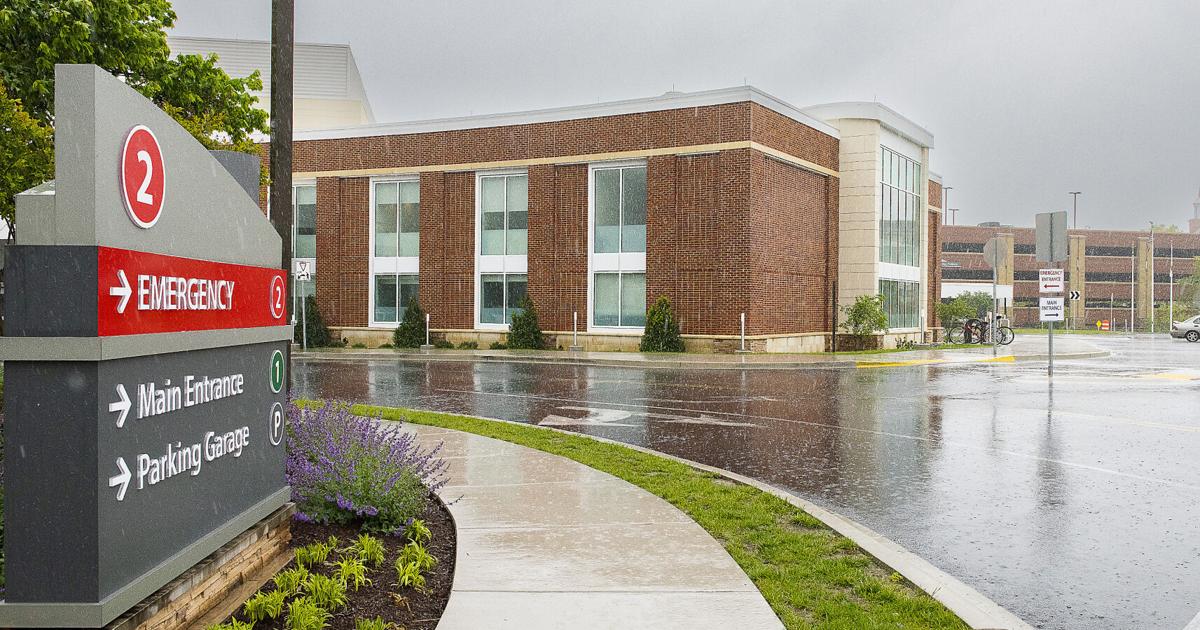New Legislation Aims to Broaden At-Home Support Program for Newborns and Parents Across the State

The Impact of Family Connects Frederick County: A Lifeline for New Families
In a heartwarming initiative aimed at bolstering new parents in the Frederick, Maryland area, Family Connects Frederick County has proven to be a valuable resource since its inception in January 2023. Launched by Frederick Health, this program offers free in-home visits from nurses to families welcoming a newborn into their lives. As more families engage with this service, stories of its positive effects are emerging, shedding light on why such initiatives are crucial for community well-being.
Recently, Pilar Olivo, a representative of Family Connects, shared insights into the program’s far-reaching impact. She often hears moving stories from parents who have benefitted from the in-home support, illustrating how the service alleviates the stress that can accompany the arrival of a new baby. From offering guidance on infant care to providing emotional support, the nurses serve not just as healthcare professionals, but as trusted allies for new parents navigating the challenges of parenthood.
Understanding the Program
Family Connects Frederick County is designed to reach every family that delivers a baby at Frederick Health Hospital. The in-home visit typically occurs within a few weeks of the baby’s birth. During this visit, a registered nurse conducts a health assessment on both the infant and the parents, ensuring everyone is on the path to recovery and wellness. This holistic approach recognizes that a newborn’s health is inherently linked to the well-being of the parents, both mentally and physically.
But the program goes beyond basic health checks. Nurses also check for the presence of any challenges that new parents may face, such as maternal mental health issues, and provide resources or referrals as needed. This proactive measure contributes to a more supportive environment for new families, emphasizing that caring for a newborn doesn’t only involve physical health but also emotional and psychological support.
A Community Effort
The success of Family Connects is not solely due to the dedicated staff but also reflects the community’s commitment to supporting new families. Local healthcare providers, social services, and community organizations collaborate to ensure that families have access to a wealth of resources. This collaborative spirit fosters an inclusive environment where no parent feels isolated or overwhelmed during one of life’s most significant transitions.
Community leaders stress the importance of outreach programs like Family Connects, especially in today’s fast-paced, often stressful world. There’s a growing recognition that the early days of parenthood can be both joyful and daunting, and addressing these needs head-on can help lay the foundation for healthier families and, by extension, a healthier community.
Holistic Benefits
Research shows that early intervention can lead to significantly better health outcomes for both babies and parents. Programs like Family Connects are critical in delivering essential services, especially in a time when many parents may feel uncertain or lacking in confidence. The focus on mental health is particularly noteworthy; with postpartum depression affecting many new mothers, timely support can make all the difference.
Families that have engaged with the Family Connects program report not just physical health enhancements, but also improvements in their emotional well-being. Stories have surfaced of overwhelmed parents finding reassurance through their in-home visits. Many also express appreciation for the nurses who provide practical tips for newborn care, which helps reduce anxiety and fosters a stronger parent-child bond.
The Future of Family Connects
As the program continues to thrive, there is a sense of optimism surrounding its expansion. Plans are being discussed to enhance the services offered, potentially incorporating educational workshops and peer support groups. This forward-thinking approach aligns with the program’s goal of nurturing a supportive network for all families.
Frederick County is setting an example for communities across the nation. With Family Connects as a model, other localities may explore similar initiatives to provide necessary support to new families. Programs like this remind us that even during challenging times, a little help can go a long way in creating a more nurturing and supportive environment for parents and their newborns.
In conclusion, Family Connects Frederick County is not just a program; it is a commitment to building resilient families and stronger communities. Through the compassionate care of trained professionals and the support of local organizations, many families are experiencing the joy of parenthood with a safety net to catch them when they stumble. This initiative is truly a beacon of hope for new parents navigating the beautiful yet often challenging journey of raising a child.





